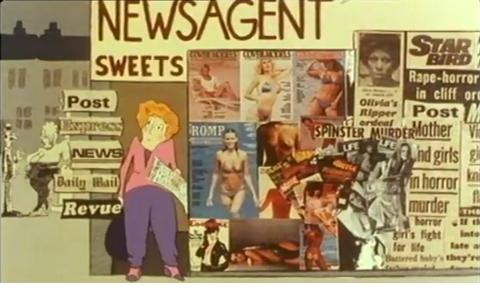Film, Feminism and Rape Culture in the Yorkshire Ripper Years Seminar

- Time:
- 16:00
- Date:
- 16 February 2021
- Venue:
- Online
Event details
Please register using Eventbrite and you will then be sent a Outlook meeting request which will include the link to the seminar. Please note the seminar will take place online using Microsoft Teams. The deadline for registering for this event is 13:00 on the day of the seminar (16/02/2021).
In late 1980, cinemas across the UK screening new release films like Dressed to Kill and The Shining were picketed, raided and egg-bombed by activist women's groups, while posters advertising them were vandalised with feminist graffiti and slogans. This resulted in arrests and prosecutions, alongside national and international media coverage. They were protesting what activists viewed as film culture's complicity in enabling the perpetuation of gender-based violence against women, the apotheosis of which could be seen in the flashpoint status of the ongoing 'Yorkshire Ripper' murders. Trends in this direction in the production, marketing and exhibition of films thus epitomised what feminists had begun referring to as 'rape culture.'
This talk explores and contextualises how UK film culture became a focal point for feminist campaigning during the Yorkshire Ripper years (1975-1981). It illuminates an important part of the history of the UK women's liberation movement as it intersects with the cultural history of film. Drawing on original archive research, and on interviews with participants, it provides a new account of the relationship between film and feminism in the UK at that time, arguing that the Ripper attacks, and the toxic cultures of masculinity that enabled them, are key contexts in relation to which this relationship must be understood.
It interrogates a range of film culture phenomena related to the Ripper years that differently emerged from this context and its aftermath. These span the cycle of 'women in danger' films to which feminist activists reacted with outrage, to attempts by Hollywood to capitalise on the topicality of the murders by producing feature films about them, and British filmmaking that responded to this context through feminist registers, including Richard Woolley's Brothers and Sisters and Leeds Animation Workshop's Give Us a Smile.
Speaker information
Dr Hannah Hamad, Cardiff University, School of Journalism, Media and Culture.. Senior Lecturer in Media and Communication